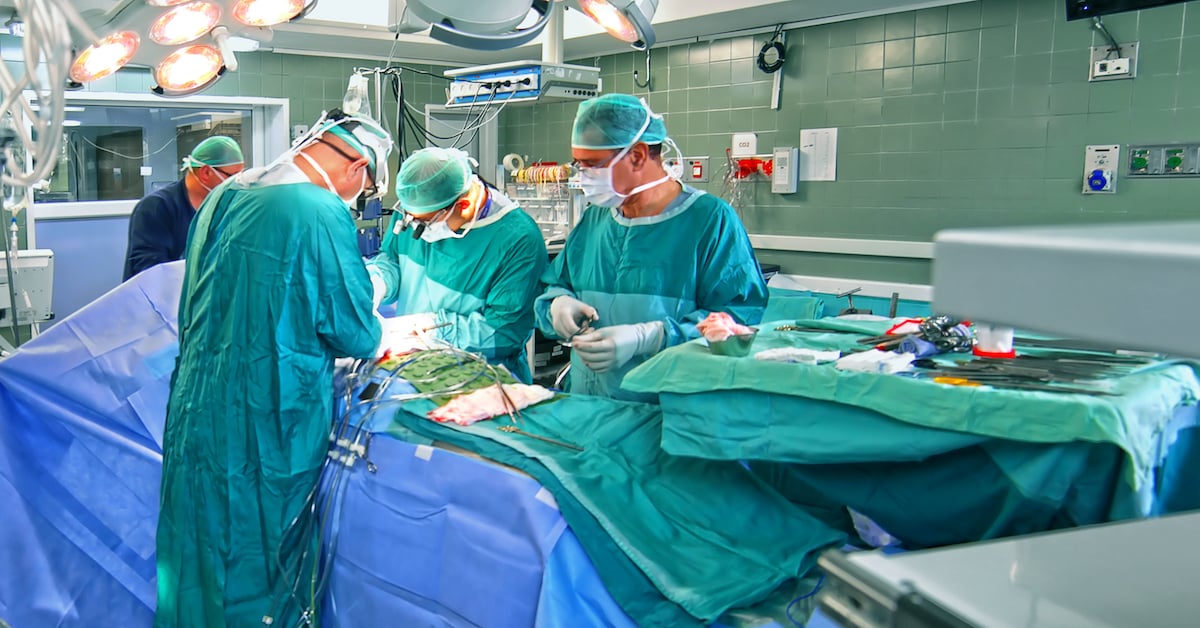An unintended retained surgical item (RSI) is an item unintentionally left inside a patient1 (in this case a surgical towel). Among surgical never events, RSI is the most frequently reported to the Joint Commission.2 As in this case, NORCAL Group (now part of ProAssurance) closed claims involving RSIs often involve reporting of correct counts or completed surgeries, despite knowledge of an incorrect count.
Learn More »Surgical Never Event - Retained Surgical Towel
Surgical Never Event - Retained Lap Pad
An unintended retained surgical item (RSI) is an item unintentionally left inside a patient (e.g., sponges, towels, device components, guidewires, needles, and instruments).1 Among surgical never events, RSI is the most frequently reported to the Joint Commission.2 Surgical sponges are the most commonly reported retained item.3 According to the Joint Commission, the most common causes of RSIs include the absence of policies and procedures, and inadequate or incomplete staff education, and failure to comply with existing policies and procedures,4 as we see in this case.
Learn More »Surgical Never Event - Surgery on the Wrong Knee
Wrong-site surgery incidents are usually due to multiple processes that combine to cause the event, as opposed to one specific error.
Learn More »Preventing Surgical Never Events - Case Studies and Best Practices
Never event was coined in 2001 to describe medical errors that should never happen. The National Quality Forum (NQF) now lists 29 types of never events1 (also referred to as “serious reportable events” by NQF and “sentinel events” by The Joint Commission). The linked case studies address examples of surgical adverse incidents that would be considered never events: retained surgical items, surgical fires, and wrong-site surgery.
Learn More »Surgical fires occur in a wide variety of medical settings, from solo practices to large hospitals. Surgical fire prevention depends mostly on fire risk awareness and communication among the members of the surgical team.
Learn More »





